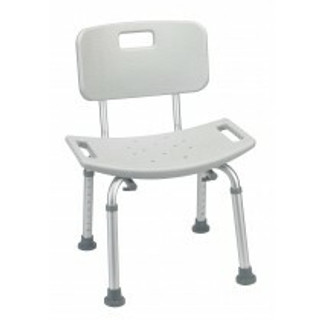The Silent Struggles: Venting as a Caregiver
Introduction: Caregiving is often described as one of the most rewarding yet challenging roles a person can take on. Whether you’re caring for an aging parent, a sick partner, or a child with special needs, the responsibility can be overwhelming. Despite the profound love and dedication you may feel, there are times when the burden becomes too much. This is where the importance of venting comes in—a crucial, yet often overlooked, aspect of self-care for caregivers.
The Weight of Unspoken Emotions: Caregiving is an emotional rollercoaster. You may feel a deep sense of purpose and fulfillment, but also experience anger, frustration, and guilt. These conflicting emotions can be hard to navigate, and many caregivers feel pressured to hide their true feelings, fearing judgment or guilt for not being able to "handle it all." However, bottling up emotions can lead to burnout, resentment, and even depression.
Why Venting Matters: Venting is not just about complaining; it’s about release. When caregivers allow themselves to express their feelings, they can process and make sense of their experiences. It’s a way to unload the heavy emotional burden, even if only temporarily, and prevent those feelings from festering and growing.
Common Barriers to Venting:
- Guilt: Many caregivers feel guilty for admitting that they are struggling, believing they should be able to manage on their own.
- Fear of Judgment: The fear of being judged by others, especially if the caregiver is venting about someone they deeply care for, can prevent them from speaking out.
- Lack of Support: Some caregivers simply don’t have a supportive network they can turn to for a sympathetic ear.
Finding Safe Spaces to Vent: It’s crucial for caregivers to find safe and supportive environments where they can vent without fear of judgment. This could be a trusted friend, a therapist, or a support group. Online communities and forums can also provide a space where caregivers can connect with others who understand their struggles.
The Role of Professional Support: Sometimes, talking to a mental health professional can be beneficial. Therapists can provide a non-judgmental space and offer coping strategies to manage the emotional toll of caregiving. They can also help caregivers recognize signs of burnout and develop a self-care plan to ensure they are taking care of themselves as well as their loved ones.
Conclusion: Caregiving is a demanding role, and it’s normal to feel overwhelmed at times. Venting is not a sign of weakness; it’s a necessary release that can help caregivers maintain their mental and emotional well-being. By acknowledging and expressing their feelings, caregivers can find the strength to continue their invaluable work with renewed energy and compassion. Remember, you don’t have to carry the weight alone—reaching out for support is one of the bravest things you can do.
Quality medical supplies are a huge help for caregiver's daily routine and will help relieve the challenges and stress of being a caregiver. SafeWell Medical Supply carries the top name brands to help with everyday caregiver tasks from bathroom and bedroom safety to mobility needs. Check out our complete product line below by clicking on the logo!




















